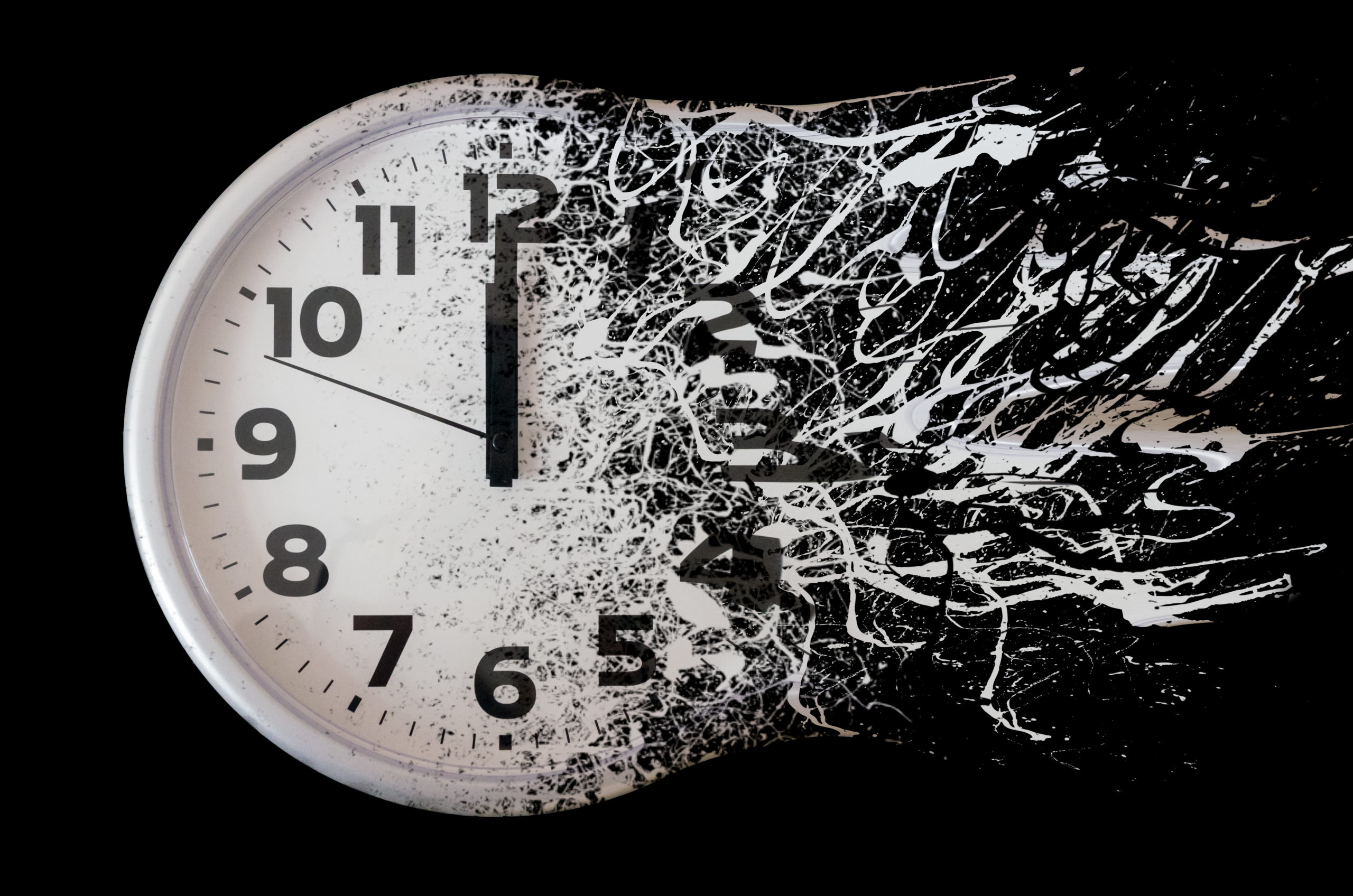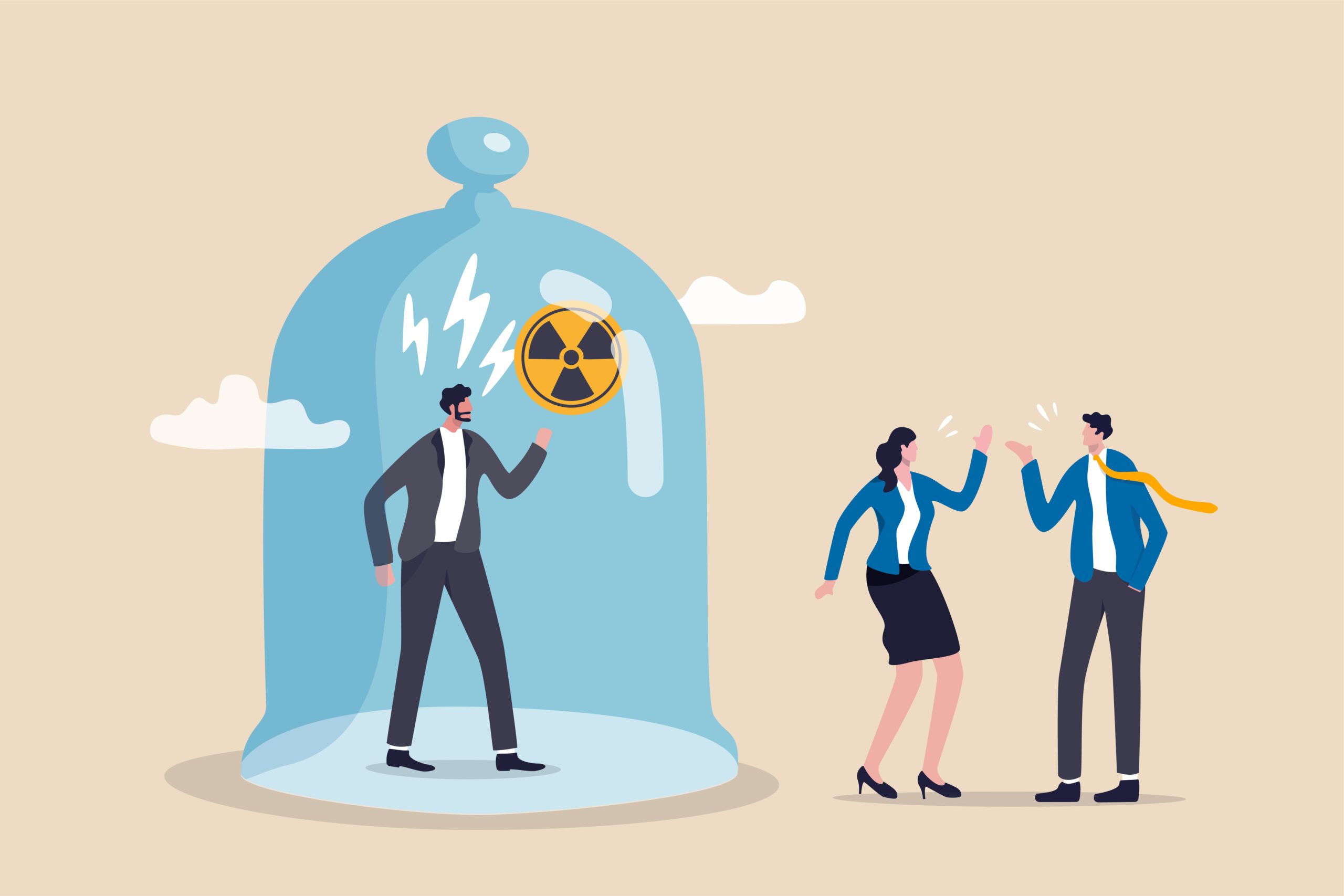Are you being pseudo-productive? Dan Ariely reveals the dangers of structured procrastination

Most of us know not to procrastinate. And yet, between 80 and 95 percent of college students procrastinate on their schoolwork. As we grow older and (theoretically) more mature, we learn to manage our lives and our work better, and procrastination rates tend to lower. But an unfortunate 20 percent of the general population are classified as chronic procrastinators — no matter what, it seems like they just can’t get started on that thing that they need to be doing.
Obviously, one of the biggest downsides to procrastination is how it prevents us from getting things done. Academic performance drops, and long-term goals go unmet. But procrastination can wreak havoc on our mental well-being, too. Procrastinators tend to experience more stress and negative feelings, act more impulsively, and suffer more mental health issues such as depression, anxiety, and low self-esteem.
But procrastination doesn’t always look like playing video games or watching stand-up on YouTube rather than getting to that important essay or finishing a difficult task for work. Sometimes, procrastination can look like answering difficult emails, outlining a book, or cleaning a kitchen that’s been months overdue.
These are things that needed to get done, but they’re not what you’re supposed to be doing. In his Big Think+ lesson, psychologist and author Dan Ariely explores this concept. “There’s a very nice concept called deathbed regret,” he says. “Deathbed regret is asking the question, when you are about to die, what kind of things would you regret? And for an academic, it turns out it’s almost never ‘There was another paper I wish I wrote.’”
This kind of pseudo-productive procrastination is called “structured procrastination,” and, when it comes to achieving your long-term goals, it’s just as destructive as unstructured procrastination.
This term actually started out as a positive, and, in many ways, it is. The philosopher John Perry argued that procrastinators often do the exact opposite of what would be effective for them: They take tasks away in the hopes of focusing on what they’re supposed to be doing rather than counterintuitively seeking tasks out. His argument was that the procrastinator will do whatever they can to avoid having to do what they’re supposed to do, and that energy can be channeled toward productive, but less important tasks.
It’s a functional system and an admirable way of transforming a bad habit into a good one, but it doesn’t do much when it comes to, as Ariely put it, “deathbed regret.” To accomplish those truly important, long-term goals that you’ll regret not accomplishing on your deathbed, nothing will do aside from honest-to-goodness focus on your goals.
Ariely recommends recognizing when you’re paying more attention to short-term activity that seems important rather than the long-term activity that actually is important. To avoid falling into this trap, he recommends regularly scheduling your priorities, and when it seems tempting to check your email, clean your house, or even work on that minor project, learning to say “no.”




